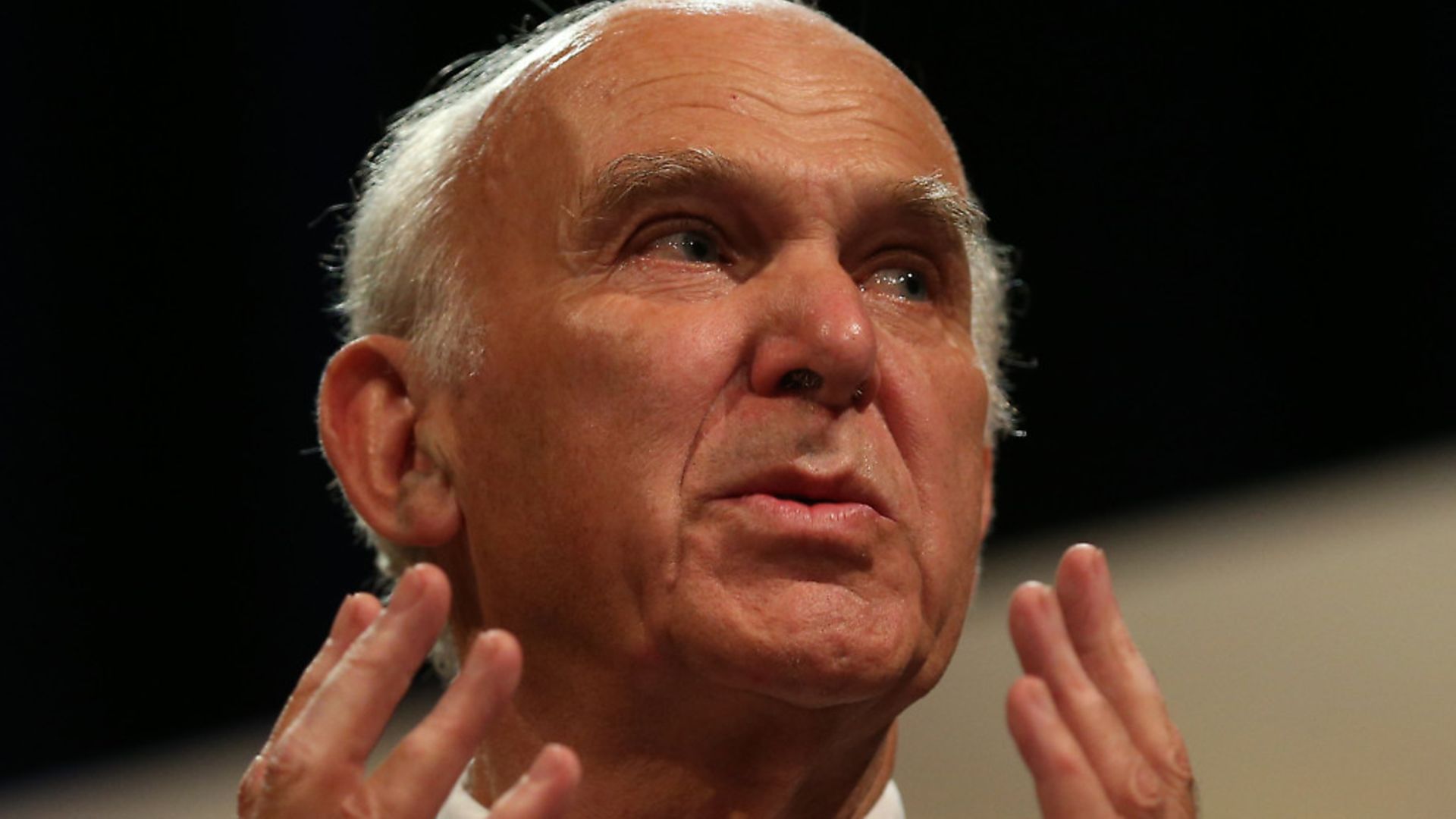
As they struggle to make headway, the Liberal Democrats need to do more to promote the one issue they have always held the high ground about – Europe.
As Liberal Democrats emerge from Brighton, their challenge is complex but clear. Both main parties are simultaneously in crisis, with surveys finding that 35% of voters feel unrepresented, yet the Lib Dems flatline at 10% in the latest polls.
For decades, Liberals yearned for the demise of class-based politics and an end to the dominance of the time-worn ideological dispute between laissez-faire capitalism and state socialism. But as realignment glimpses into view, with age and education increasingly important electoral touchstones, and a new divide between liberalism and nationalism opens, Britain’s third party lies marooned at the margins.
Disadvantaged by Westminster’s first-past-the-post electoral system since the Liberal Party slipped into third place in 1922, improvements in the party’s popular vote have yielded few additional parliamentary seats, making electoral breakthroughs especially difficult. And even as the current voting system increasingly fails to produce overall majorities, power involves politically costly compromises.
To help move on from the electorally punishing coalition years and build upon modest gains at the last general election and latest round of local elections, Lib Dem leader Vince Cable is betting on an agenda of party reform. If approved, party supporters, as well as members, will choose his successor from a wider bench than the dozen Lib Dem MPs currently eligible to stand.
Recent YouGov London polling illustrates the party’s problem. Both main parties are seven points down on last year’s general election in the capital, with Labour on 48%, the Tories 26% and Lib Dems 15%. From this big change, Lib Dems could likely hope to add one seat to their three.
Obviously, Brexit crystalises the current disappointment felt by many longtime Tory and Labour voters with their respective parties. But without proportional representation, how can the Lib Dems capitalise among the 53% that YouGov estimates now support Remain?
Offering an ‘exit from Brexit’ in the form of a People’s Vote currently makes them unique, although increasing numbers of Labour and Tory politicians are attracted to the idea. But is there not more that Lib Dems could do, given their history and unique position in British politics? After all, on Europe, the party has been ahead of the curve, leading where the ‘big two’ followed.
In 1950, Liberals openly endorsed the creation of the European Coal and Steel Community, the European Economic Community’s precursor, while the post-war Labour Government refused to participate, with foreign secretary Herbert Morrison citing ties to the National Union of Mineworkers to oppose it. The post-war commitment to European unity of Winston Churchill in opposition was matched by post-war Liberal leader Clement Davies, who urged British participation in the ECSC. But the Tory government that came to power in 1951 did not make good on Churchill’s rhetoric.
Since then, while other parties have prevaricated, the Liberals have persisted: enthusiastically supporting the membership deal, reached by Edward Heath; backing the Single European Act and Maastricht Treaty, pushed through by Margaret Thatcher and John Major respectively against some Tory dissent; and the Nice, Amsterdam and Lisbon Treaties signed by their Labour successors Tony Blair and Gordon Brown, against Tory opposition.
European co-operation provides a far stronger platform for Britain and liberal values than standing alone. Instead of one British citizen among 115 globally – one in 150 by 2020 – the EU’s half a billion people are significantly more populous than the US, not far behind all of Latin America, three-and-a-half-times that of Russia and more than one-third that of China or India.
Beyond the leverage this provides for a strong liberal voice for human rights, the rule of law and free trade, this mutually beneficial co-operation has enabled the creation of one transnational territory without internal borders. By stimulating competition and trade, efficiency is improved, raising quality and cutting prices.
Leaving the EU means British people losing the right to study, work and retire in 27 fellow nations, should the government unwisely remove that reciprocal right from citizens of those countries, eroding not only the higher incomes that a larger market produces but also cultural and lifetime ties.
Will the Lib Dems now step where the other parties fear to tread and communicate the benefits of European unity, a task at which the entire political class has failed?
• Barnaby Towns is a former Conservative party adviser who was once a Liberal party member
Warning: Illegal string offset 'link_id' in /mnt/storage/stage/www/wp-includes/bookmark.php on line 357
Notice: Trying to get property 'link_id' of non-object in /mnt/storage/stage/www/wp-includes/bookmark.php on line 37






